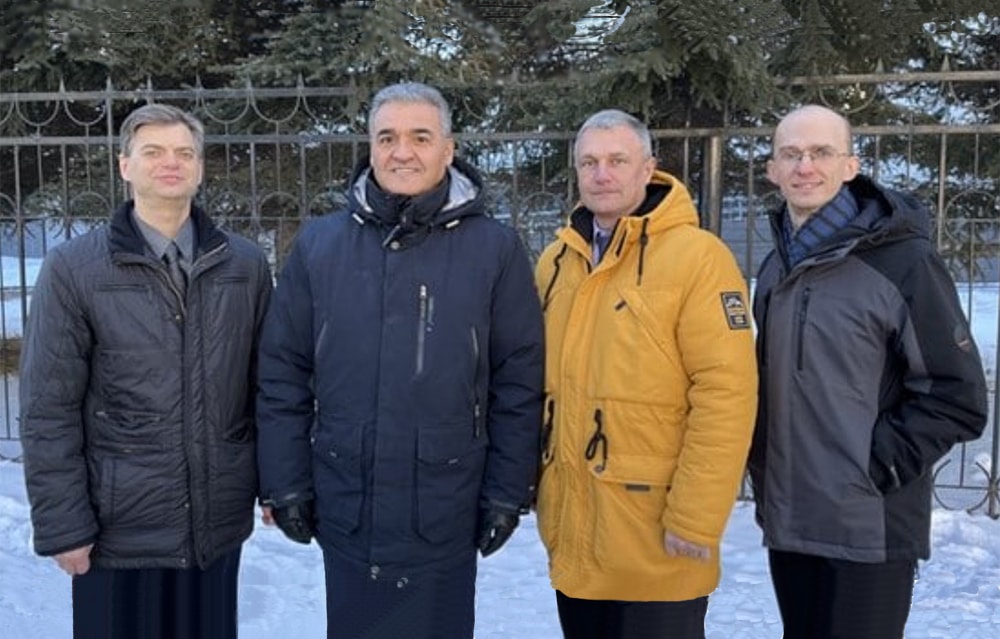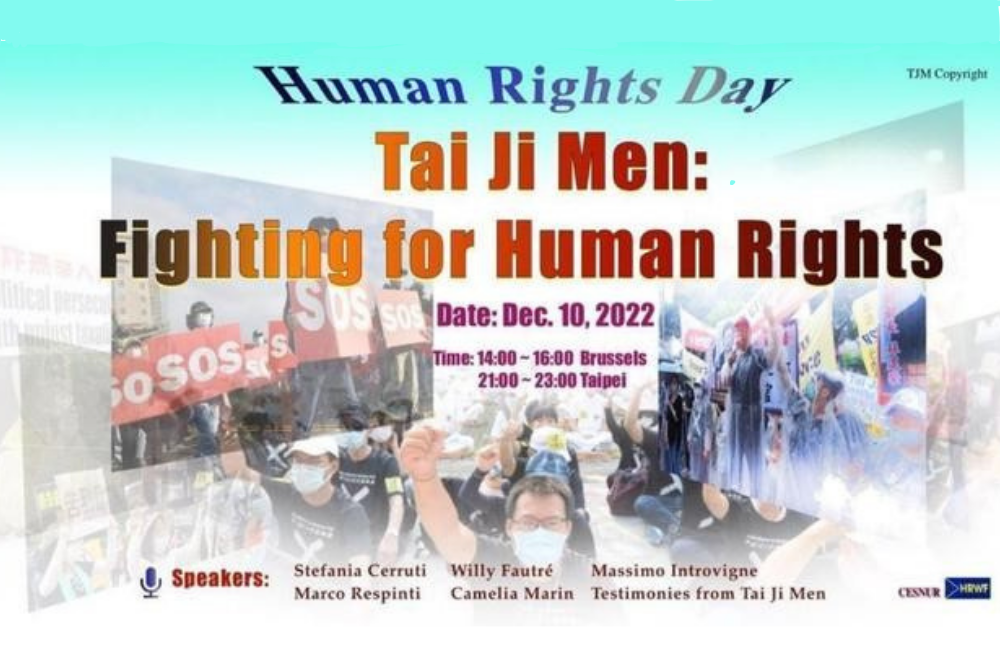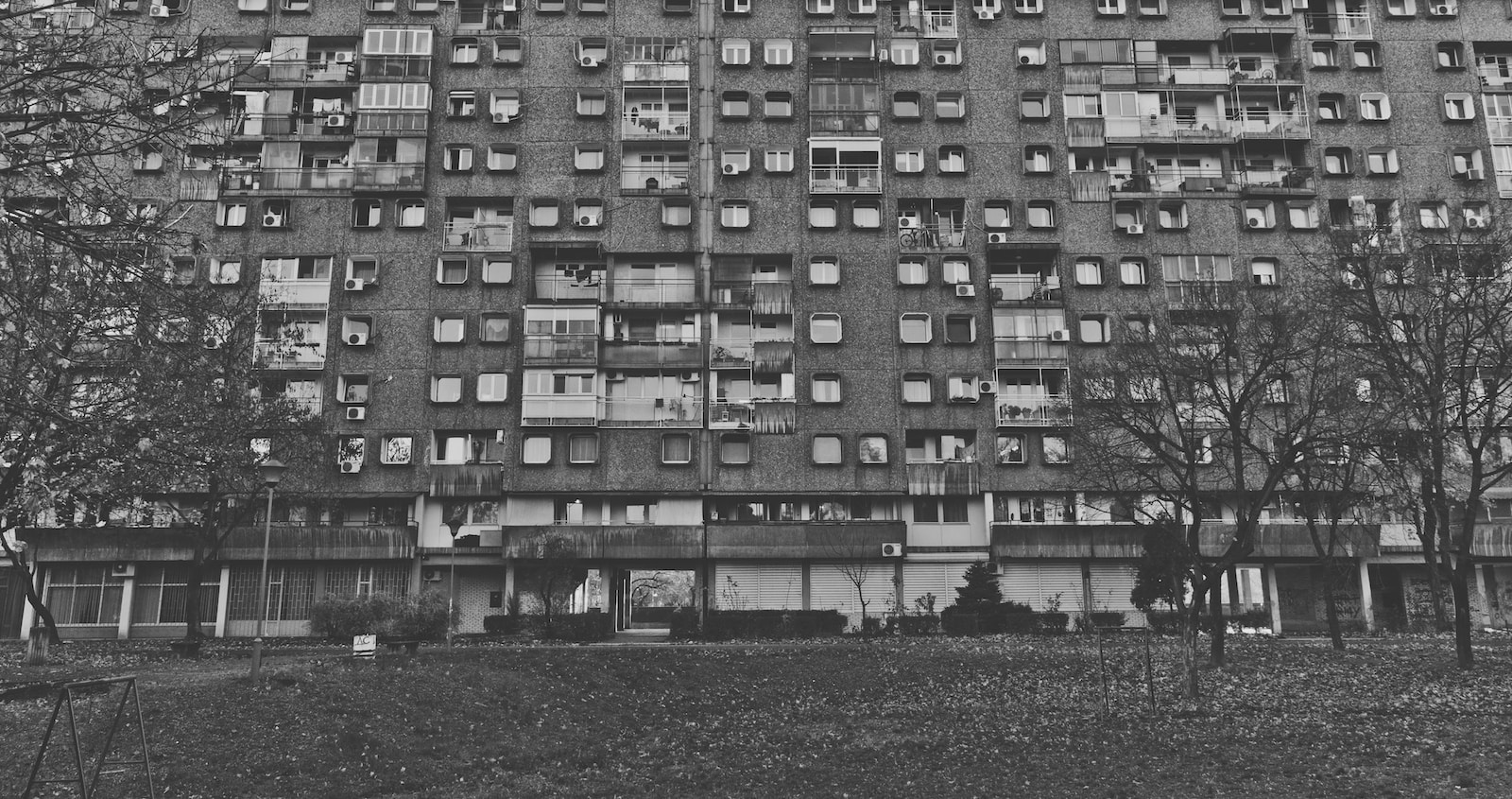UNITY AMONG PEOPLE OF FAITH TO PROTECT HUMAN RIGHTS
Newsroom/EINPRESSWIRE. At a time when human rights are under threat all over the world, both in so-called developing countries and in countries whose motto is related to human rights, unity among people of faith is more than necessary and desirable.
“On the day when we can trust each other completely, there will be peace on Earth,” wrote L. Ron Hubbard, and it is on this road that last December 9, representatives of 6 religions (Buddhism, Christianity, Hinduism, Islam, Scientology and Sikhism), representing the old and the new with about 2.95 billion parishioners, gathered at the United Nations to talk about Faith and Human Rights, in celebration of the 74th Anniversary of the Universal Declaration of Human Rights (UDHR). This rich panel was moderated by Rev. Eric Roux, Global Trustee for Europe of the United Religions Initiative (URI), arguably the largest interfaith network in existence today.
Among the speakers were Wissam al-Saliby, director of the Human Rights Geneva Office for the World Evangelical Alliance (WEA), the world’s largest evangelical organization, which stated that “biblical justice is rooted in the very character of God. Our mandate to work for justice and to love our neighbour is the fulfilment of that character. As we celebrate 74 years of the Universal Declaration of Human Rights, I am reminded of the Christian teaching that every human being bears the image of God. For this reason, human beings have worth and value above anything else in creation. And for this reason, I believe we have Article 1 of the UDHR: “All human beings are born free and equal in dignity and rights.”
The panel discussion was followed by Thinlay Chukki, Representative of His Holiness the Dalai Lama, The Tibet Bureau, and therefore Tibetan Buddhism, who reiterated the importance of “respecting people of all faiths and people without faith”. Chukki highlighted the “age-old Tibetan Buddhist practice and teaching” and emphasized the philosophy that “the life of every sentient being, including animals, is precious.” Representative Thinlay noted that “His Holiness the Dalai Lama’s teachings and messages have always stressed the need to look at the world as one big family that aspires to happiness and does not want suffering” and finally acknowledged the presence of the Tibetan member of parliament – in-Exile for Europe, Thupten Gyatso, among the participants.
Gursharan Singh, general secretary of the Sikhi Sewa Society, continued the panel discussion by saying: “How can we bring about a culture of peace? If we only preach about living in harmony, we will never reach our goal. A flower drawn on a sheet of paper can be beautiful but we will never be able to smell it.[…] Every religion has foundations that could be universally accepted. As advised by Guru Nanak Dev Ji, founder of Sikhism, if we can bring together all these foundations from the major world religions we may be able to construct principles that could become one of the fundamental approaches to maintaining peace on this planet.”
On behalf of Hinduism, the world’s oldest religion, Dr Lakshmi Vyas, PhD and President of the Hindu Forum of Europe said in her recorded presentation “Human rights are natural rights and are presumed to be directly God-given. As a result, no power in the world can get him out. Individuals are created to live in this world with others and have a duty to love others. The Hindu tradition focuses on the parallel of duties and rights… The appreciation of human rights in Hinduism does not simply come from Hindu theological thoughts but it is also written in the Hindu scriptures which existed for centuries before the birth of the concept of human rights.
The next speaker was Iván Arjona, President of the Church of Scientology European Office for Public Affairs and Human Rights, who also chairs the United Nations ECOSOC-recognized foundation Mejora (Foundation for the Improvement of Life, Culture and Society Arjona explained:
“For more than 40 years Scientologists have promoted and taught the UDHR.) It was in 1969 when L. Ron Hubbard reprinted the Universal Declaration of Human Rights in Church’s Freedom magazine and wrote that ‘The United Nations has found the answer. The absence of human rights has stained the hands of governments and threatened their rules. Very few governments have implemented any part of the Universal Declaration of Human Rights. These governments have failed to understand that their very survival depends wholly on adopting such reforms and thus giving their people a cause, a civilization worthy of being supported, worthy of their patriotism.’
And finally, to cover the topic from the point of view of Islam, was Boumediène Benyahia, Islamologist – Secretary General and scientific referent of the Coordination of Islamic Organizations in Switzerland (COIS) and Director of the Institute of the Word (Kalima), he said “I must begin by simply saying the following: the culture of peace is not negotiable. We are not here to negotiate. How to make peace? It is not negotiable. It is a sacredness that is imposed on everyone, whether we like it or not… The word Islam is at the basis of this perennial cornerstone of humanity which is peace. It is cultivated. How is this peace cultivated? It is cultivated from the seeds of the wisdom of all religions, related spiritualities and all seed societies and individuals. From the seed to the fruit tree which, in turn, will nourish, we hope, all souls in a perennial way».












